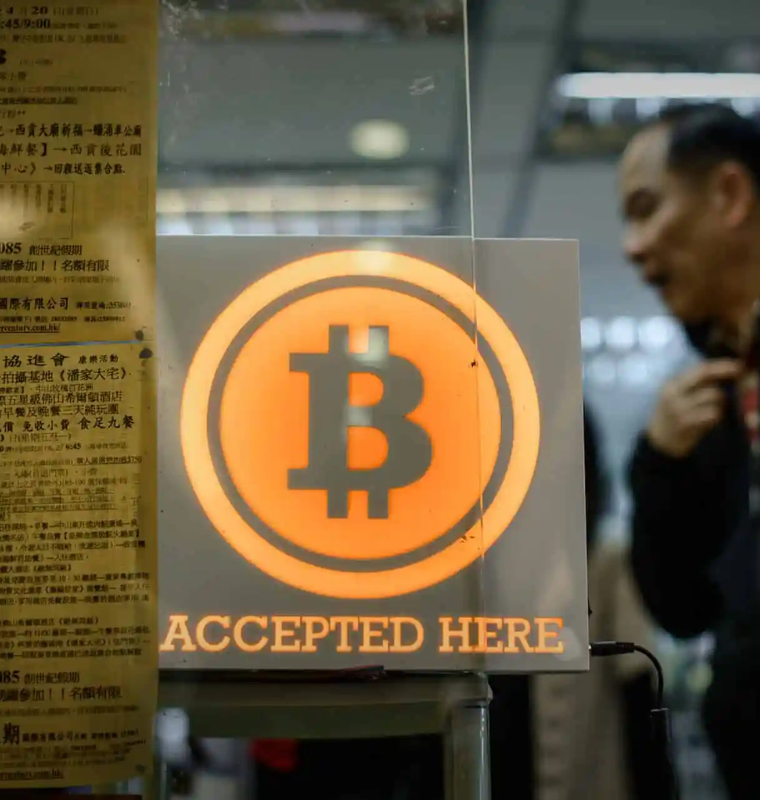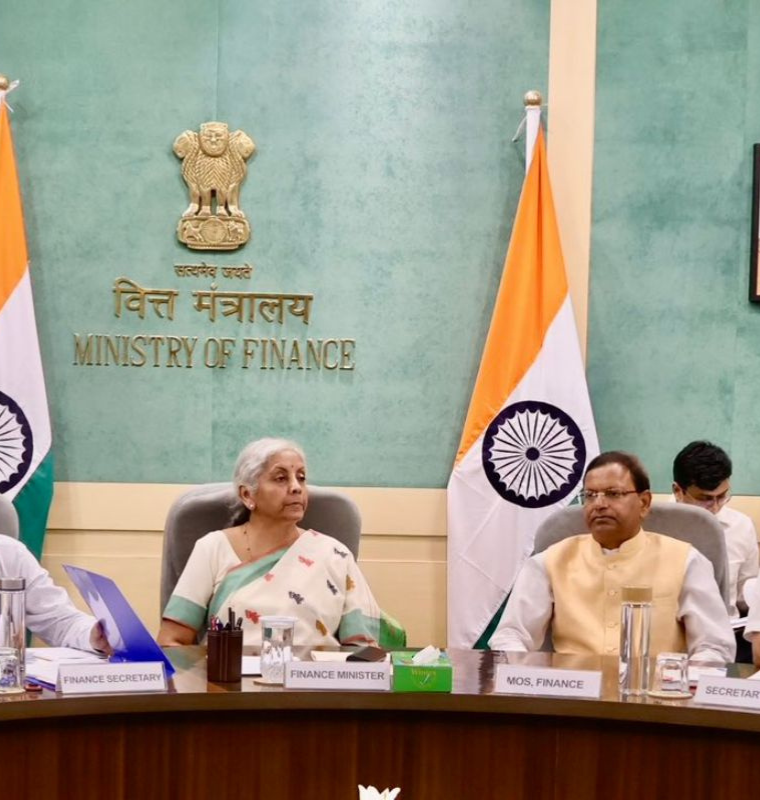Brazil Introduces New Licensing Rules for Crypto Service Providers
Brazil Introduces New Licensing Rules for Crypto Service Providers
By
Calder Monroe
Last updated:
November 11, 2025
First Published:
December 2, 2025

A New Chapter in Brazil’s Financial Evolution
Brazil has taken a bold step into the future of financial regulation by formally extending its oversight to cryptocurrency service providers. The new directive requires all digital asset platforms, brokers, and custodians to obtain licenses under the supervision of the Central Bank of Brazil. This move marks one of the most significant structural shifts in Latin America’s crypto landscape, signaling that the country intends to integrate the digital economy with its traditional financial framework rather than fight against it.
Why Timing is Everything
The decision comes at a time when global regulators are struggling to find a balance between innovation and consumer protection. Brazil’s economy has witnessed a growing surge in crypto adoption among both individual investors and institutions. With millions of Brazilians already participating in the digital asset space, authorities are determined to build a foundation of transparency and accountability that ensures fair access while minimizing risks of fraud and instability.
Inside the New Licensing Framework
Under the new framework, every company dealing in crypto services must apply for an official license. This includes exchanges, custodial wallet providers, and entities facilitating crypto-to-fiat conversions. The Central Bank will assess each application based on capital adequacy, cybersecurity readiness, and compliance with anti-money-laundering rules. Operators failing to meet these standards may face suspension, fines, or criminal prosecution.
Fostering Market Confidence and Institutional Growth
The regulation aims to promote maturity within Brazil’s crypto market. By enforcing accountability, the government hopes to attract traditional financial institutions and international investors who previously viewed the sector as too volatile. The entry of regulated participants could lead to deeper liquidity, advanced products, and a more resilient digital economy that strengthens the national financial system as a whole.
Industry Response to the New Rules
Reactions from Brazil’s crypto community have been mixed but largely optimistic. Established platforms view the new regulation as an opportunity to gain credibility and attract global partnerships. Smaller startups, however, worry that compliance costs could limit innovation. Despite these concerns, most stakeholders agree that legal clarity is better than uncertainty and will eventually pave the way for sustainable growth.
Latin America’s Emerging Regulatory Influence
Brazil’s actions are already influencing discussions across the region. Other Latin American nations, including Argentina and Colombia, are evaluating similar frameworks as they grapple with the growing role of digital assets in their economies. If Brazil successfully executes this model, it could become a template for developing economies seeking to modernize their financial sectors without deterring innovation.
Bridging the Gap Between Traditional Banks and Blockchain
The Central Bank’s involvement highlights a shift from resistance to collaboration. Traditional banks are now exploring how they can partner with blockchain enterprises to deliver faster, safer, and more inclusive financial services. This merging of systems could lead to the creation of hybrid models where digital tokens coexist with traditional currencies, revolutionizing how money moves within and beyond Brazil’s borders.
Stronger Consumer Protections and Data Security
One of the most critical aspects of the new regulation is its focus on protecting consumers. Licensed crypto providers must now adhere to strict data privacy protocols and maintain separate accounts for client funds. These measures ensure that investors’ holdings remain safe even if a company faces operational or financial distress, helping to build trust in the digital asset market.
Overcoming Implementation Challenges
While the policy marks progress, it also presents significant hurdles. The regulatory authorities must handle the challenge of monitoring compliance across numerous platforms and addressing cross-border issues related to offshore crypto operations. Success will depend on continued dialogue between Brazil’s financial institutions, law enforcement, and international counterparts to maintain integrity and prevent loopholes.
A Vision for Brazil’s Digital Future
This new licensing regime symbolizes more than just financial reform. It represents Brazil’s commitment to embracing the digital revolution responsibly. By combining innovation with regulation, the nation is positioning itself as a leader in the global crypto economy. The path ahead will not be easy, but Brazil’s boldness in crafting this new chapter could inspire a global rethinking of how blockchain technology integrates into modern finance.
Popular articles
Subscribe to unlock premium content
Disney’s Timeless Magic and How the Entertainment Giant Continues to Shape Culture and Innovation

Imran Khan’s Economic Missteps Amid Political Chaos in Pakistan

The Philippines’ Digital Shift How Remittances and BPO Are Fueling Growth

Disney’s Timeless Magic and How the Entertainment Giant Continues to Shape Culture and Innovation

Imran Khan’s Economic Missteps Amid Political Chaos in Pakistan

Disney’s Timeless Magic and How the Entertainment Giant Continues to Shape Culture and Innovation









